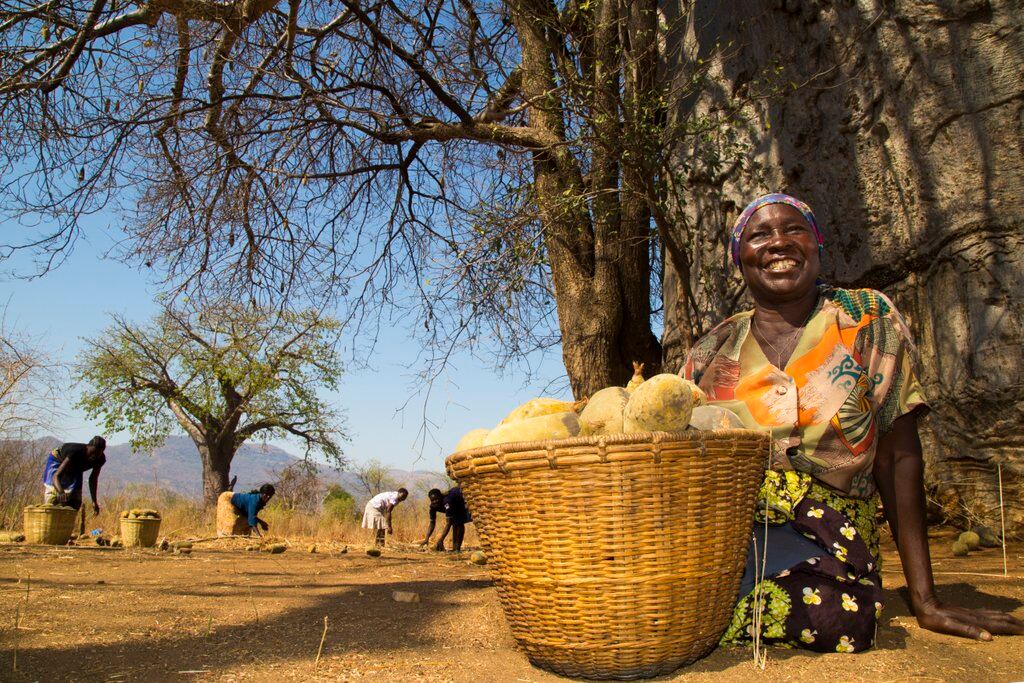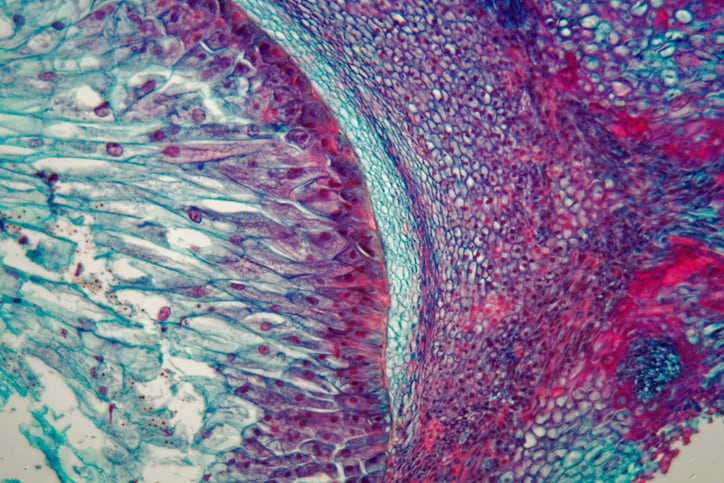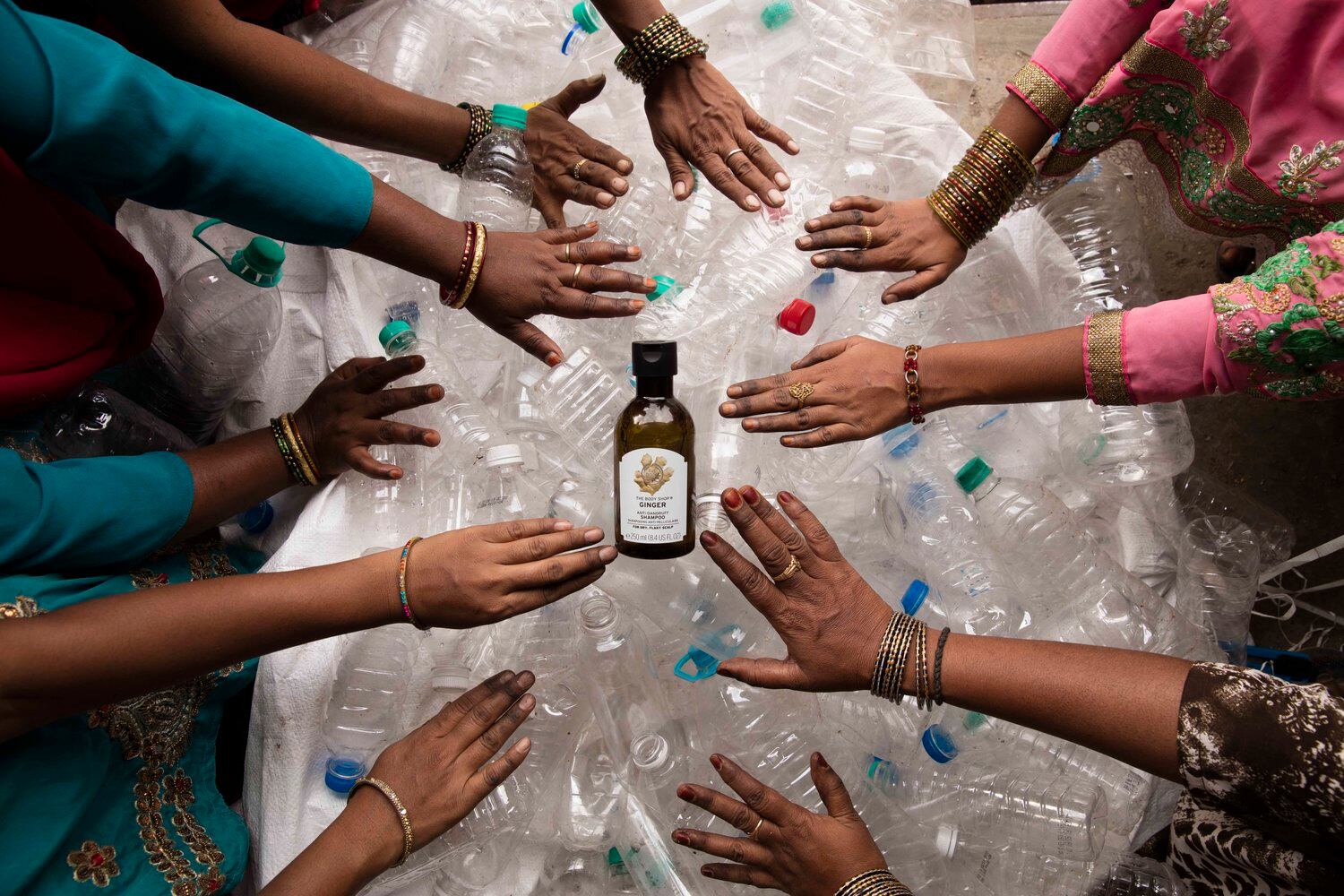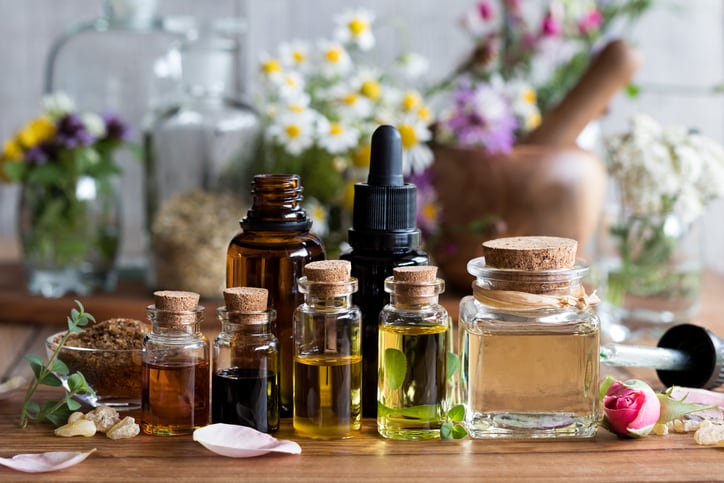Swiss non-profit organisation FairWild Foundation established its standard and certification scheme over ten years ago, to promote the sustainable harvest and fair trade of wild ingredients, including plants, fungi and lichen, and transform resource management and business practices around this.
FairWild now had 31 participants across the globe, including on-the-ground operators, traders, processors and finished product companies. UK cosmetics brand Neal’s Yard Remedies is one beauty firm engaged in the standard, retailing a line of products with organic FairWild-certified rosehip oil. US cosmetics and fragrance firm Chantecaille is another on-board, with a lipstick made using FairWild-certified baobab oil.
Wild beauty and beyond…
Bryony Morgan, executive officer of FairWild Foundation, said the foundation hoped involvement would continue to increase, particularly in the beauty and personal care sector.

“We have some quite concrete targets for the next couple of years,” Morgan told CosmeticsDesign-Europe. “We’d like to expand our involvement in FairWild to have at least 50 different species certified; we currently have 25, so, we’d like to double the number.”
The foundation also wanted to expand the number of companies or ‘participants’ involved, she said.
FairWild divided participants into operators (harvesters on the ground), traders and processors (those sourcing and processing wild harvested ingredients) and licensees (those selling, distributing or manufacturing goods with these ingredients). Morgan said the goal for FairWild was to secure another 20 participating companies by 2021 and the beauty category would be crucial to this.
“In the last few years we’ve actually seen some pick-up in the health and beauty sector, which is really exciting.
“…We’d like to see other brands, companies and manufacturers really looking into their supply chains and working with their suppliers to get certified. That’s certainly going to have the biggest impact,” she said.
Frankincense and Baobab oil spotlighted
Whilst FairWild existed to promote the protection of all wild plants, Morgan said there were certain species of concern, such as frankincense – an ingredient widely used as an aromatic resin – and baobab oil which was gaining popularity in cosmetics.
Last month, the 6th World Congress on Medicinal and Aromatic Plants – held every five years – focused on ‘the future of frankincense and myrrh resin’, raising concerns around the exponential worldwide demand for these two species for use in incense, medicine, cosmetics and source of essential oils.
For Baobab oil, Morgan said FairWild was already working with Zimbabwe operator B’Ayoba who was harvesting FairWild-certified baobab.
“It’s still quite a novel ingredient in European and American markets but the industry is showing quite a lot of interest, so it’s great there’s a FairWild-certified source,” she said.
Morgan said all plant species had to be “managed well” – from a biodiversity standpoint but also social and poverty alleviation angle. For popular ingredients, there was scope for collaboration among finished product companies to push for FairWild certification, she said, making the transition to FairWild more economically viable for the supplier. And of course, for plants with “known sustainability concerns”, FairWild supported a push to protect these, she said.
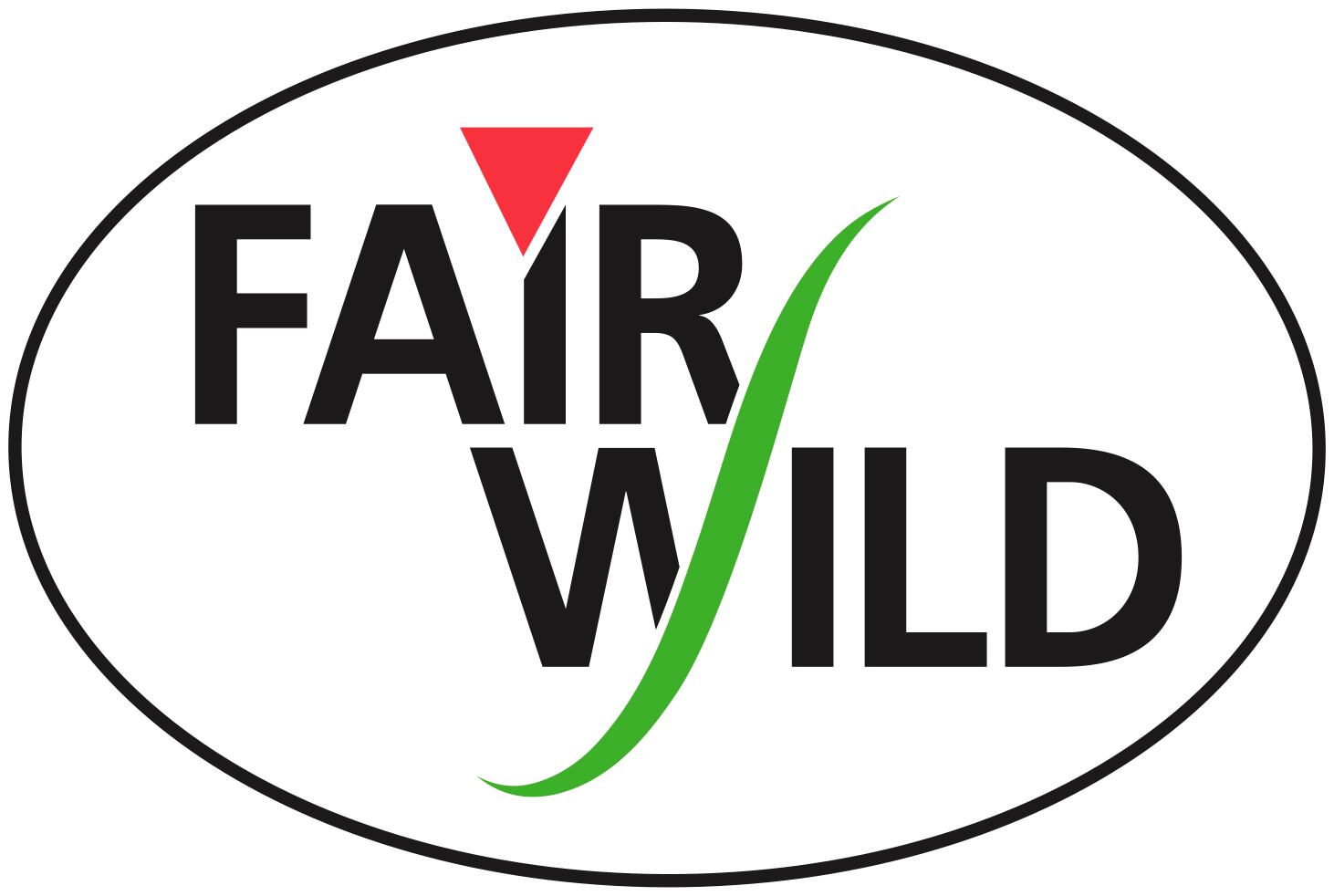
Looking ahead, Morgan said FairWild would also factor in biodiversity restoration.
“Land restoration is an important part of the conservation toolkit going forward, so we have to think about how FairWild fits into that and how we can help make sure any land restoration efforts work, both for restoration of habitats but also making sure there are economic options for communities in those areas.”
Drawing in consumers and raising awareness
Asked how the FairWild certification sat alongside other schemes like Fairtrade and COSMOS, Morgan said: “I think FairWild does still have a niche there but certainly it is getting more crowded for members of the public to know what the labels stand for, so we’re trying to communicate as clearly as we can. We’re also partnering with other organisations and with the brand companies themselves to raise awareness about the issues, and also about FairWild and the label.”

